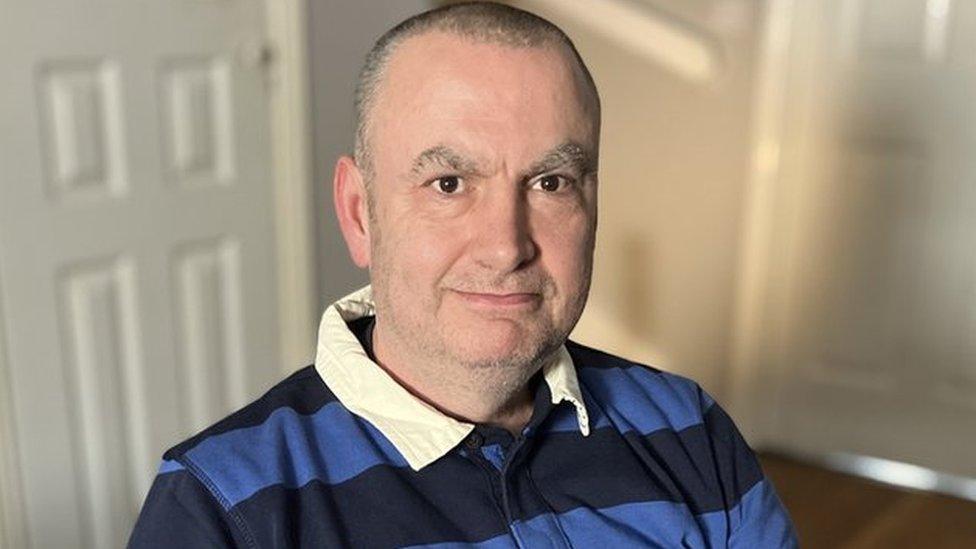Councils change how they refer to autistic people

Cumberland Council carried out its terminology consultation in 2022
- Published
Councils and health services in Cumbria are changing how they refer to autistic people after a consultation.
The terms Autistic Spectrum Condition (ASC) or Autism Spectrum Disorder (ASD) will no longer be used by the county's organisations unless for medical diagnostic purposes.
It comes after autistic young people told Cumberland and Westmorland and Furness councils the use of "condition" and "disorder" caused upset.
Following its conclusion, services are now adopting "identity first" language, such as describing somebody as an autistic person, in written and spoken communication.
The terminology consultation was launched after young people told Cumbria County Council (now Cumberland and Westmorland and Furness councils) they were uncomfortable with the language used when speaking or writing about autism.
One person said that the use of ASC or ASD made them feel like "being autistic is a problem or something to be ashamed of when it isn't."
The consultation, produced in collaboration with young ambassadors from the National Autistic Society (NAS), carers and parents of autistic children and special educational needs and disabilities (Send) professionals, aimed to find out how Cumbrian residents would prefer services to speak about autism.
It concluded identity should be put first before any diagnosis, disorder or medical condition with the NAS saying most autistic people saw "being autistic as integral to who they are, not as something they 'have'".
A report published following the consultation said: "Children, young people or adult's names should be used in the first instance, or an individual should be asked what language the person prefers to use or identifies with."
Respecting choice
After responses from more than 500 people were considered, a series of proposals were approved for use in councils, health services and education settings across the county.
They included:
The adoption of identity first language in verbal and written communications, i.e. saying "I am autistic/a child or young person is autistic/an autistic person"
Eradicating the use of the terms ASD or ASC unless speaking about an official diagnosis and updating all current documentation to reflect the change
While there is a "clear preference" for identity first language to be used, if an individual says they do not prefer identity first terms, they should be asked how they would like to be identified and their choice respected and used
The changes, which the councils say are in line with guidance from the NAS, external, will be embedded in health services, education settings, leisure and club settings and within charities and commissioned services.
Emma Hamer, Cumberland Council's assistant director for education, Send and inclusion, said the changes represented "an excellent step forward in ensuring autistic people feel included".
She encouraged other organisations in Cumbria to consider the outcomes of the consultation, external and review the terminology they use.
Follow BBC Cumbria on X (formerly Twitter), external, Facebook, external and Instagram, external. Send your story ideas to northeastandcumbria@bbc.co.uk.
Related topics
More stories from the BBC
- Published30 November 2023

- Published28 February 2024
